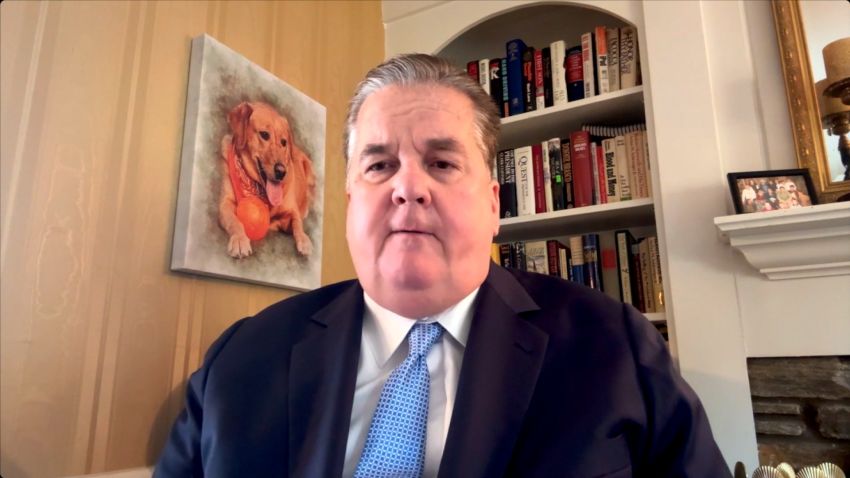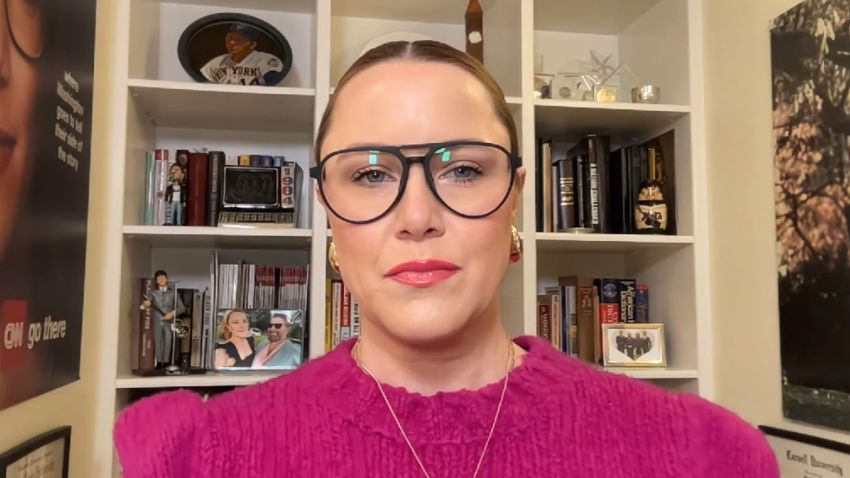Editor’s Note: Sign up to get this weekly column as a newsletter. We’re looking back at the strongest, smartest opinion takes of the week from CNN and other outlets.
“I’m not anyone more / than anyone else. / I did my job, then / looked into / their eyes. / What had I / become?”
So reads “Sixth Juror,” one of a cycle of 13 short poems titled “Twelve Chairs” (one poem each for 12 jurors and an alternate), included in former poet laureate Rita Dove’s 2004 collection “American Smooth.” Dove’s juror poems don’t just live on the pages of her book. Because they were commissioned as part of a collaboration with artist Larry Kirkland, they are also inscribed on 12 marble chairs, representing members of a jury, that stand as part of an installation in the rotunda of the Robert T. Matsui US Courthouse in Sacramento, California. The sight of another of Dove’s chiseled verses — “Who will /love us / What will / save us” — resonates with something she told me in January 2017.
I spoke with her about the inauguration of President Donald Trump and the conspicuous absence of a poet from the proceedings (Dove read her poem, “Lady Freedom Among Us,” at the bicentennial of the laying of the cornerstone of the Capitol in 1993). “What a poem does is remind us that we are fallible and at the same time that we’re just trying to do the right thing,” she said. “When you hear a poem, you both feel it enter you, but you also have to rise to meet it. That pulls the citizen in you out, into the air.”
Fallibility and the pursuit of justice, what it means to be a juror and how all of the above changes us have been thrown into sharp relief in our current moment. Put another way: if, as Alexander de Tocqueville wrote in “Democracy in America,” “the jury…is the most energetic means of making the people rule,” what happens when a jury must stand in judgment of a man who is asking his country to make him their leader?
These are questions America will confront this week, particularly the hundreds of New Yorkers who will report for prospective duty as jury selection begins Monday in New York in the first criminal trial of a former American president (and current presidential candidate).
Former President Donald Trump, who has denied wrongdoing in relation to this hush money case, “is attempting to reach his supporters in Manhattan in the hopes that at least one will make it onto the jury and then steadfastly refuse to convict him — no matter the strength of the evidence,” assessed CNN legal analyst Norm Eisen. Trump’s dozens of losing arguments show a trend: he might be seeking a jury nullification strategy. Despite these efforts, argued Eisen, “Trump is in a position of weakness. He is at great risk of conviction and a sentence of incarceration, and he knows it.”
To the question of Trump’s attempts to delay the start of the proceedings by objecting to the gag order on him — which prohibits him from issuing personal attacks on court staff, prosecutors, witnesses and their families — on First Amendment grounds, former journalist and retired media lawyer Michael Conway had this to say: “(S)tatements that could contaminate jury selections, cause witnesses to fear retribution for testifying truthfully or otherwise undermine the Sixth Amendment guarantee of a fair trial in no way quality for First Amendment protection.”
On the precipice of this historic courtroom drama, Trump may be on the defensive, but according to Julian Zelizer, when it comes to political strategy, it’s offense all the way — and Democrats should take heed. While Democrats may see Trump as being “about pure chaotic improvisation and impulse,” they should consider that “his campaign team has put together a very clear roadmap as to how they intend to work different institutions to their advantage. A potentially successful multi-prong strategy with electoral, media, legal, legislative and third party intervention appears to be in place,” Zelizer wrote.
The rest of the world is watching, noted Frida Ghitis: “European diplomats are engaged in a frantic effort to make connections with Trump-linked figures, trying to understand what a possible Trump victory in November might bring,” she observed. The bigger picture: “Many worry that a second Trump term would prove so disruptive to democratic ideals that it would embolden far-right authoritarian politicians across the globe.”
The saga of Speaker Johnson continues
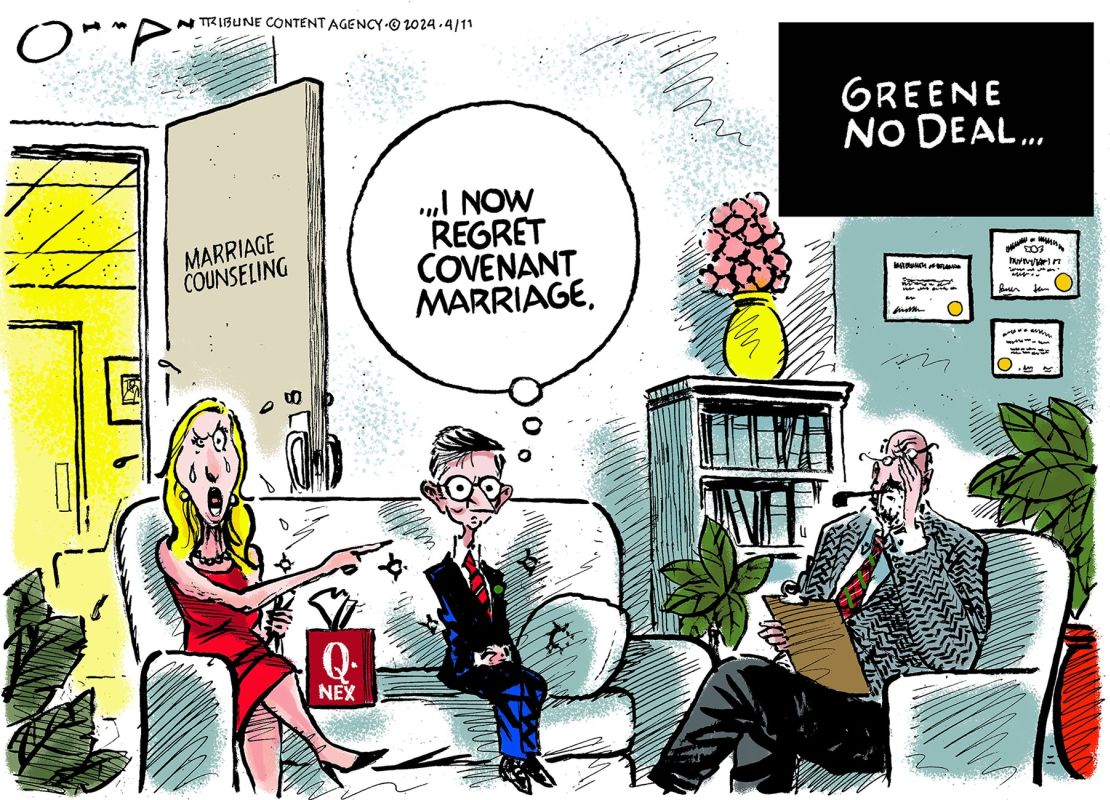
On Friday, Trump offered support to embattled House Speaker Mike Johnson when asked about GOP Rep. Marjorie Taylor Greene’s efforts to undermine him. At a Mar-a-Lago press conference, Trump spoke about how well he gets along with both Greene and Johnson, who he said was “doing a very good job.” So where does that leave Johnson, who faces challenges on issues from Ukraine funding to the Foreign Intelligence Surveillance Act?
SE Cupp argued that “Greene’s very public efforts to oust the second Republican Speaker of the House in less than six months has thus far not been the threat she was hoping it would be.” To the contrary, some of her fellow Republicans are calling her out as reckless. Asked Cupp: “So the question is…who is this for? What is its point? It’s not that complicated – it’s for Marjorie Taylor Greene, and the point is to say, ‘look at me.’ In other words? Greene has become irrelevant.”
Meanwhile, the calls not to abandon Ukraine grow ever louder. In a direct appeal to Congress, nearly three dozen cultural luminaries including Barbra Streisand, Hilary Swank, Kate McKinnon, Mark Hamill, Liev Schreiber, the Imagine Dragons and Sean Penn — spearheaded by historian Timothy Snyder— underscored the urgency for funding. “Ukrainians are fighting for their existence,” they wrote, and “Ukrainians are also fighting for our safety and for everyone’s freedom…. If we allow Ukraine to lose,” they affirmed, “we are inviting catastrophe for them, and catastrophe for ourselves.”
More than one shining moment
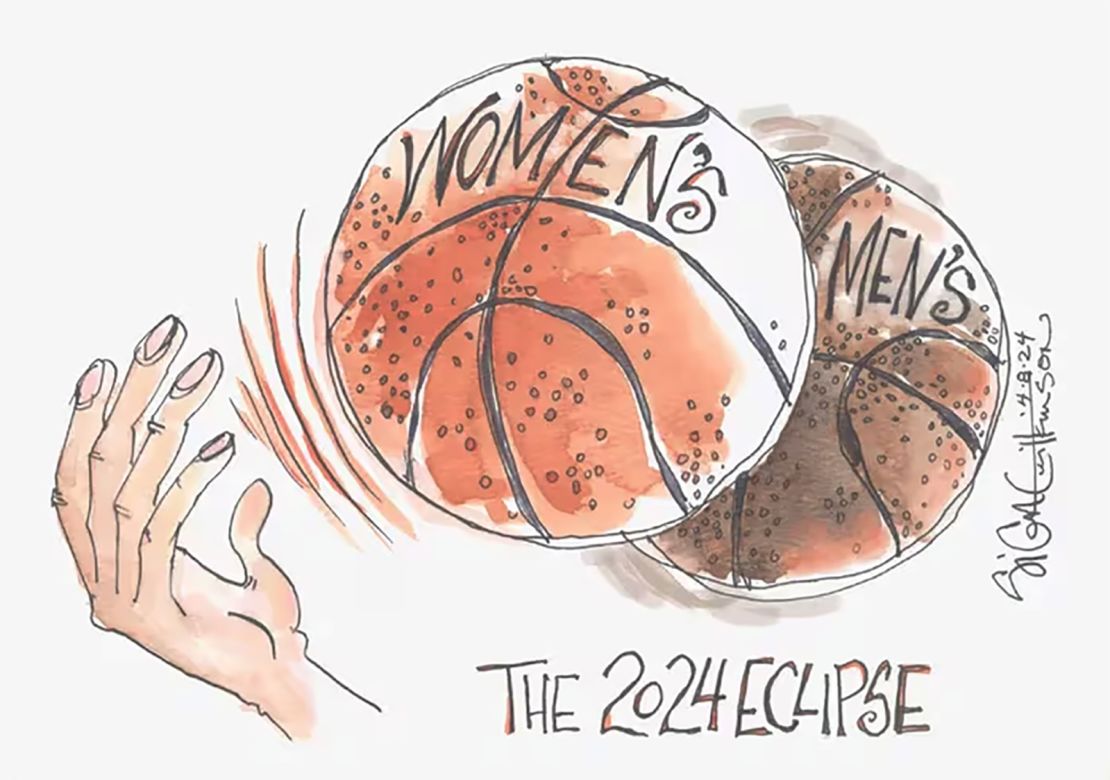
In 1991, a women’s college basketball star led her team to the NCAA finals after having been to the Final Four the year before. That player was Dawn Staley, and while her Virginia Cavaliers didn’t bring home the title (they lost to Tennessee in overtime), she would go on to transform her game, first in the WNBA and now most famously as the coach of the University of South Carolina’s dominant and undefeated team, who last Sunday took the title over the incandescent Caitlin Clark and her Iowa Hawkeyes in the most-watched women’s basketball game ever. Its viewership eclipsed the men’s final the following night and surpassed any NBA contest to become the most-watched basketball game of any kind in the last five years.
“I was in high school when Georgeann Wells…became the first women’s college player to dunk a ball,” wrote sports historian Amy Bass after Sunday’s game. “Now my daughter is in high school — and she doesn’t know a time when women didn’t dunk…I’ve thought of this shift in our realities often as March Madness has unfolded, with stunner after stunner game on the court… More than one observer on social media can be found asking: Was there even a men’s tournament this year?”
None of this is a fluke, Bass argued — looking back to the first women’s final in 1982 to the dynasties of the 1990s and 2000s and the rise of the WNBA, this triumph has simply been a long time coming: “(H)opefully it is the last time that anyone thinks it is the first time we are hopeful about the prospect of women’s sport, always being mindful of everything that has come before. Because while South Carolina won the title, when it comes to women’s sports writ large, this tournament had no losers.”
Pay attention to student loans

President Joe Biden’s administration made two significant moves this week on student loans; on Monday, the administration announced a new student loan forgiveness plan targeting borrowers most in need and on Friday, it announced that through existing programs, a total of $7.4 billion of student debt would be canceled.
These announcements aren’t happening in a vacuum, opined journalist Jill Filipovic. Republicans have repeatedly blocked Biden’s “efforts to forgive the crushing student loan debt plaguing so many Americans. And that’s a message Biden should run on,” Filipovic wrote. “(E)lections are as much about turnout as party perceptions, and generating turnout requires motivating voters. Who is more motivated? Those who generally oppose student debt relief but probably don’t give it all that much thought? Or those whose lives would be radically changed by it? The Biden administration has a powerful opportunity here. They should maximize it.”
For more:
Lawrence Levy: If Biden wins, he’ll have suburban voters to thank
O.J. was never who we thought
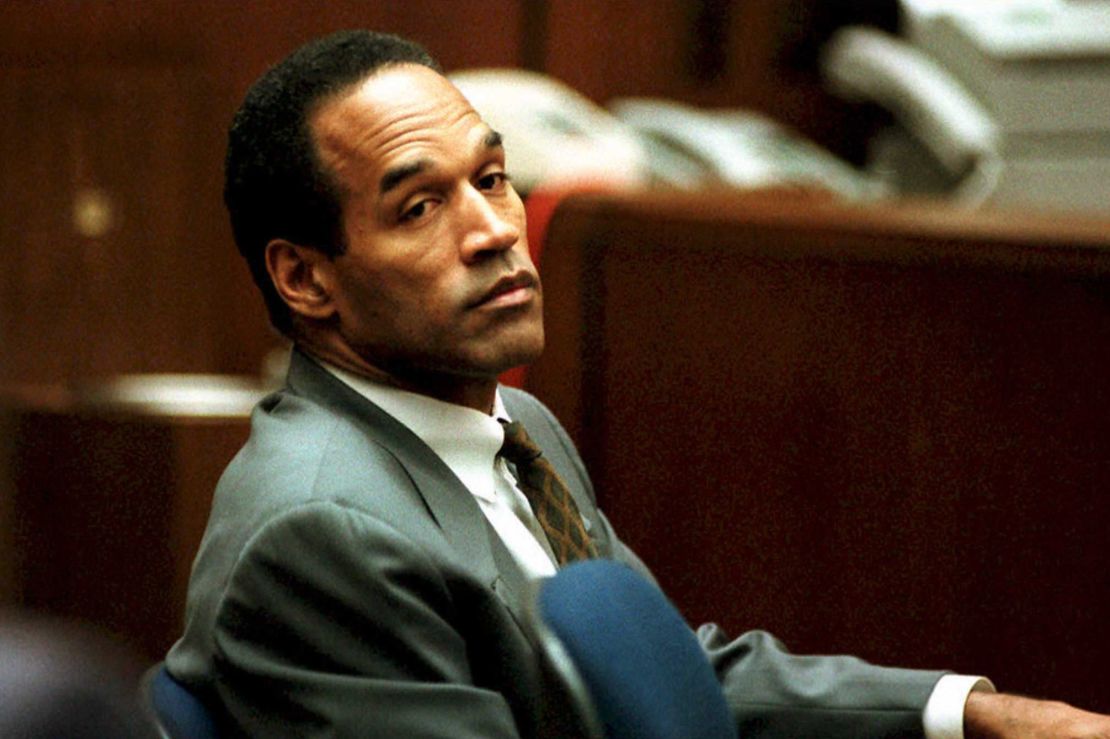
Thursday’s announcement that O.J. Simpson had passed away at 76 unleashed a flood of visceral attempts to process the death of a man whose life was defined by achievement, violence, transgression and unanswered questions. Now that he’s gone, asked culture critic Gene Seymour, “what is there to do with the perpetually troubling, infuriating American conundrum that was Orenthal James Simpson?”
The desire to answer that question, reflected Seymour, overlooks a crucial truth, that in life as a football player, on trial for murder and even in death, Simpson remained “a vacuum, a void, a place for people to project their feelings rather than deal with the enigma of who and what he really was.” Now that he’s gone, Seymour wrote, “(w)e’ll just keep making O.J. Simpson up on in our heads, using our own biases and presumptions. What else is there to do, after all, with a blank, empty space?”
Baltimore needs better

The cargo ship allision with the Francis Scott Key Bridge is already causing ripple effects across the country as the disruption to port operations is felt in supply chains, argued former Maryland Gov. and GOP candidate for US Senate Larry Hogan. This isn’t the time, he wrote, to play politics and delay the arduous process of getting longshoremen back to work and rebuilding the bridge: “When unexpected disasters threaten our nation, Congress has traditionally stepped up to offer support in a bipartisan fashion – disasters do not discriminate between red and blue victims or districts….However, in recent years, even disaster relief has increasingly become just another partisan football, as victims of Hurricane Sandy who waited months for aid to be approved remember. That cannot happen as we recover from the bridge collapse.”
More than a ‘youthful transgression’
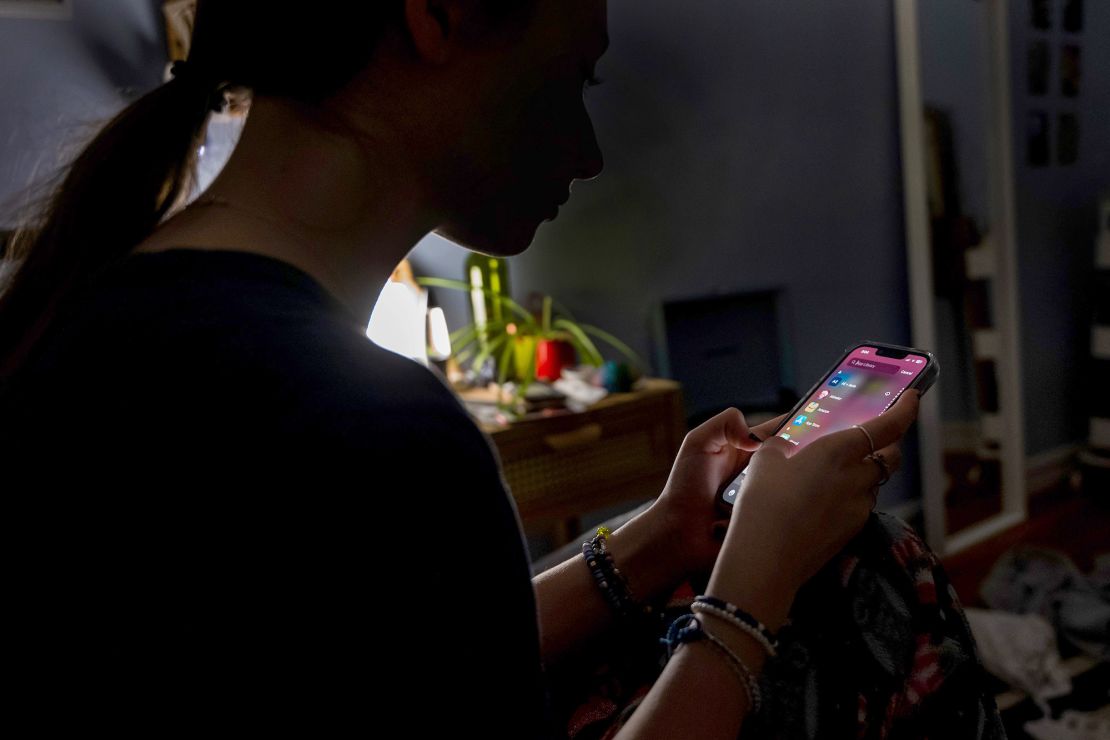
At schools in several states, boys have created and circulated nude deepfake images of their female classmates, and these kinds of episodes are likely to only become more common, Kara Alaimo wrote, as AI tools become more widely available. Worse, in at least one case, parents in question reportedly “viewed the episode as a ‘youthful transgression.’”
Alaimo argued that such responses to this growing problem cannot stand: “It’s critical for our society to recognize pornographic deepfakes for what they are: a form of violence against women and girls that must be stopped with education, changes in user behavior and legislation,” she contended. “Americans need to wake up to an important fact: Nude deepfakes destroy women’s lives. There’s nothing innocent about creating or engaging with them.”
For more:
Rizwan Virk: Google’s AI blunder over images reveals a much bigger problem
Kids, phones and fear: Share your take with CNN Opinion
Beyoncé’s building a groundswell

Beyoncé has made history yet again this week. With “Cowboy Carter,” she’s the first Black woman ever to top Billboard’s Top Country Albums chart. “It’s an achievement I celebrate as much as if it were my own,” marveled songwriter, publisher and “My Black Country” author Alice Randall, who recalled her long career and the “profound alienation” she’s often felt as “unacknowledged member of the country music family. I first experienced it when I showed up in Nashville years ago as a 23-year-old country music songwriter, one of very few Black people working in the genre at the time.”
Describing her 41 years in the business, Randall said she’s “seen something new in just the past few weeks” since the release of “Cowboy Carter” — “a landscape markedly altered,” she wrote. In Beyoncé’s country compositions, wrote Randall, “I hear Black moonshiners and Black cowboys, Black nature lovers and Black ghosts, Black angels, Black freedom fighters, gunslingers and Black shotgun riders….(F)or Black performers in particular, it offers a seat, at long last, at a gathering of the country music family.”
Be kind, don’t rewind

Nostalgia is mercurial but its power is immense — whether it’s for times in our lives we’ve left behind or for VHS tapes. Bill Carter weighed in on recent efforts to “revive the whole Blockbuster experience” with free lending libraries of tapes and DVDs. Let’s not get carried away with the nostalgia, warns Carter; the idea of gathering old movie DVDs in a lending library definitely has a quaint appeal, but “it’s inarguable that streaming in our living rooms beats a trip to the video store.”
Real talk, for those who may not remember or have been alive during the Blockbuster era, and for those who rightfully lament some of what’s been lost in the age of streaming: It wasn’t better back then. The better movies, “especially the recent ‘blockbusters,’ were almost always out to renters who got there earlier,” wrote Carter. “Upon viewing, the disappointment quotient was alarmingly high, which often led to making more than one selection next time, in hopes that two guesses would lower the failure rate…. Every technology has its day, and once it is replaced, there’s no going back — except among some wistful aficionados. Some people still listen to radio dramas. And you know what? Some of them are not bad at all!”
Don’t miss

Miles O’Brien: The day of the Columbia disaster still haunts me
Noah Berlatsky: What ‘Civil War’ reveals about this troubling Hollywood tradition
Jason Greenblatt: Hamas’ bet on the world is paying off
Mary Mueller and Sarah Rogerson: Our loved one was shot at Oxford High. Locking up the shooter’s parents won’t solve our gun violence problem
W. James Antle III: In a post-Roe landscape, Trump’s abortion compromise has merit
Joshua A. Douglas: The unintended consequences of making Election Day a federal holiday
Leave Bridget Jones alone
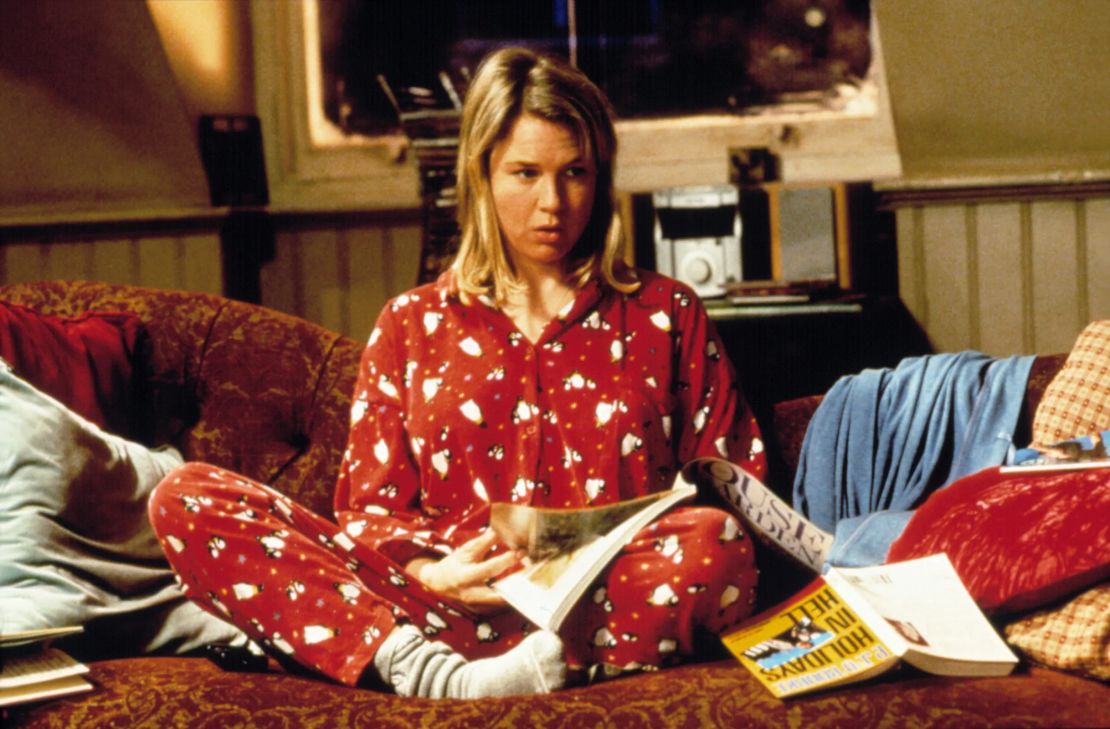
Those who have long loved Bridget Jones, on the page and on the screen, have seen her go from choosing vodka and Chaka Khan in the face of romantic rejection and job disappointments to (spoiler alert for you non-fans) finding career success and a happy ending with motherhood and Mark Darcy at last in 2016’s “Bridget Jones’s Baby.” After the news this week that another film sequel is in the works, culture critic Holly Thomas — who paid homage to the influential, hilarious and for her, formative character of Bridget — urged skepticism. Enough already?
Noting that “it is a truth universally acknowledged that a trilogy that generates more than $760 million at the worldwide box office is destined to become a tetralogy,” Thomas said nonetheless it’s time for all of us to leave Bridget Jones be. She wrote: “I’ll watch practically anything at the cinema as long as it’s not boring, and I’m as susceptible to Hugh Grant’s return to dastardly greatness as the next millennial whose first introduction to cussing came courtesy of ‘Four Weddings and a Funeral.’ But having spent much of this afternoon gleefully rereading ‘Bridget Jones’s Diary’ and cross-referencing with clips from the 2001 movie (vital research, you understand), I’m not holding my breath for a classic.”
